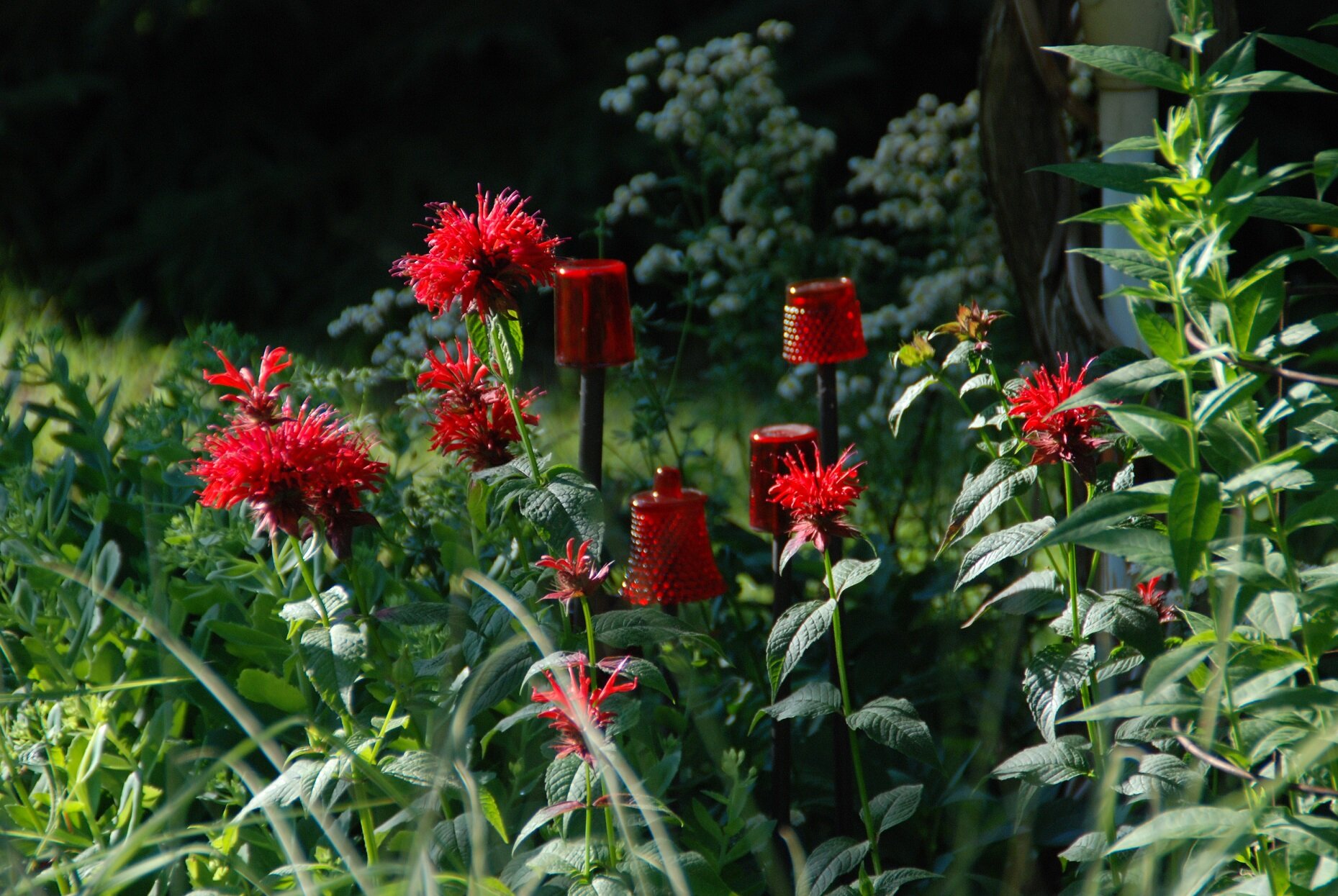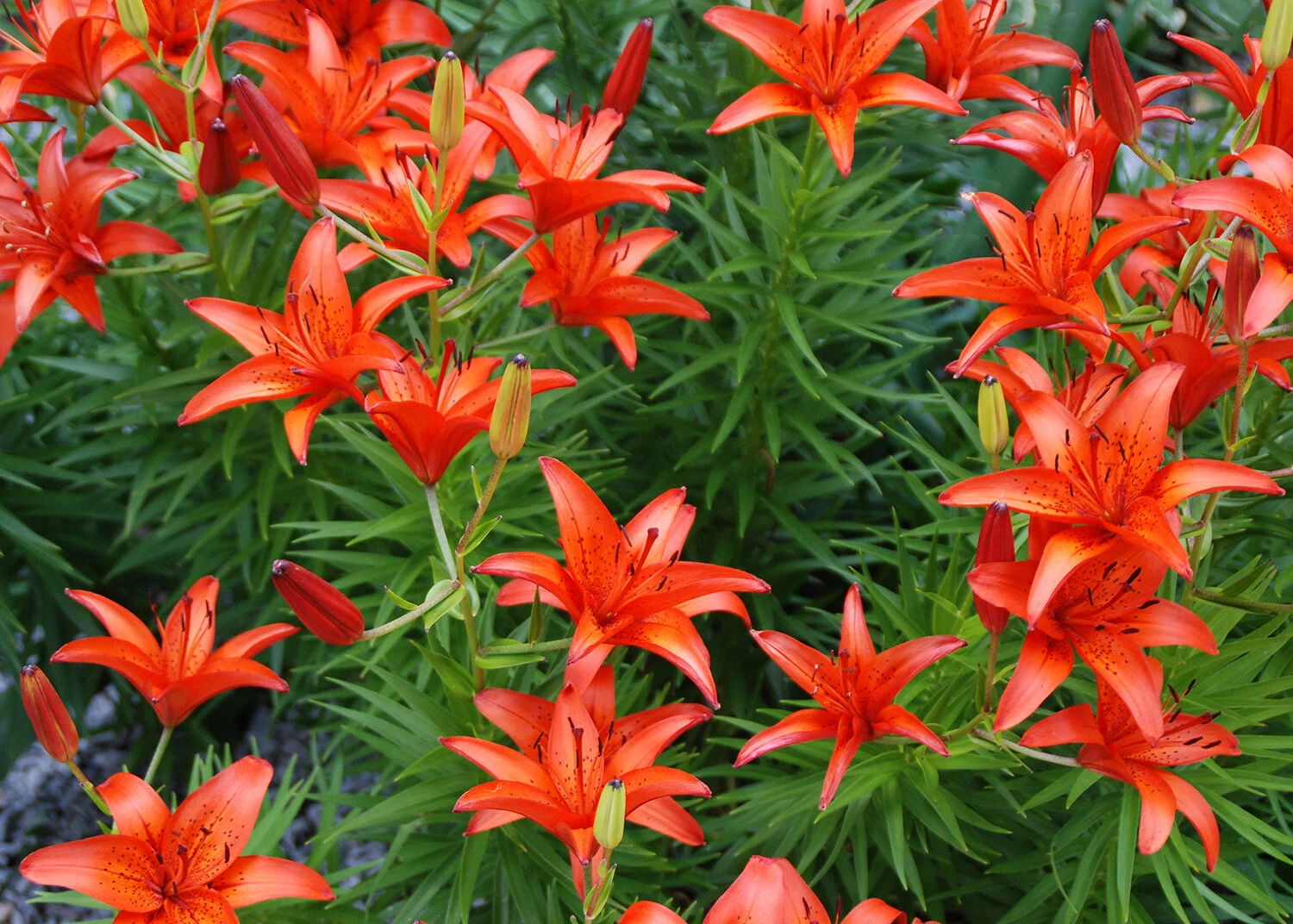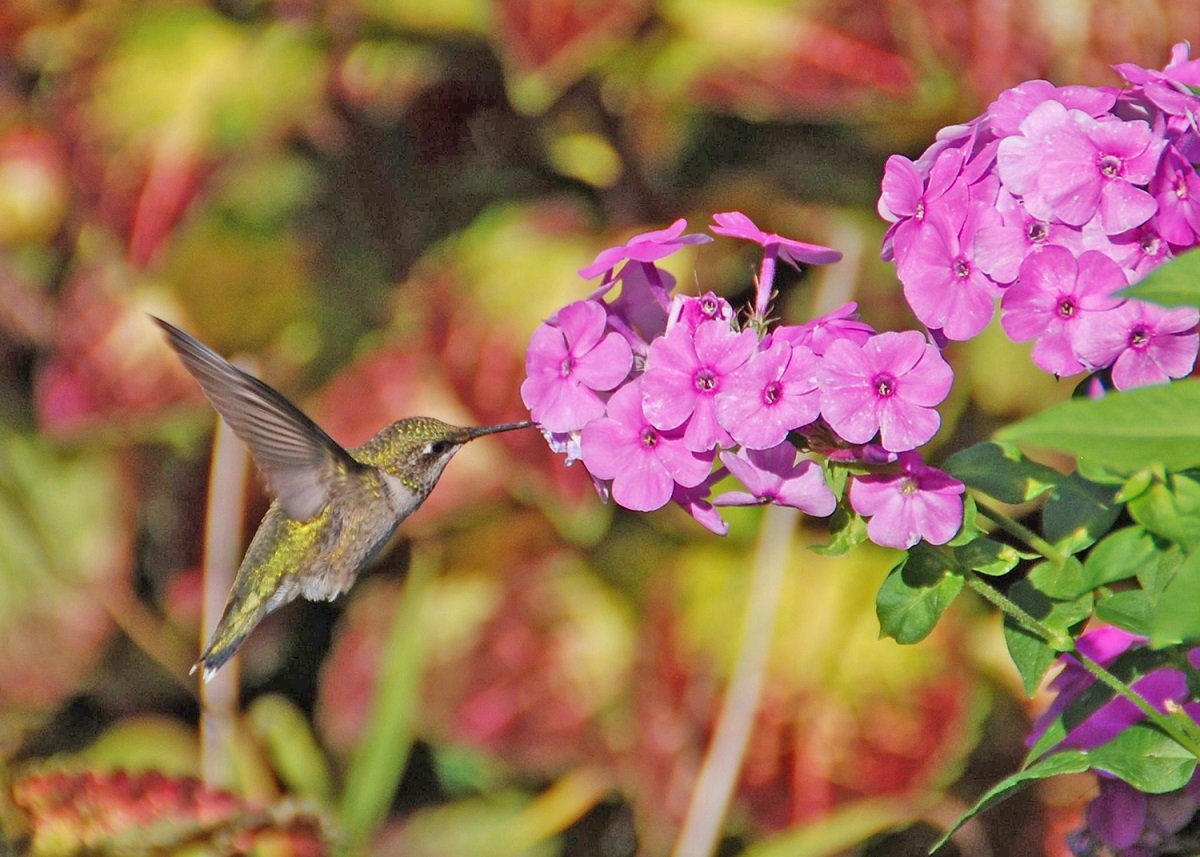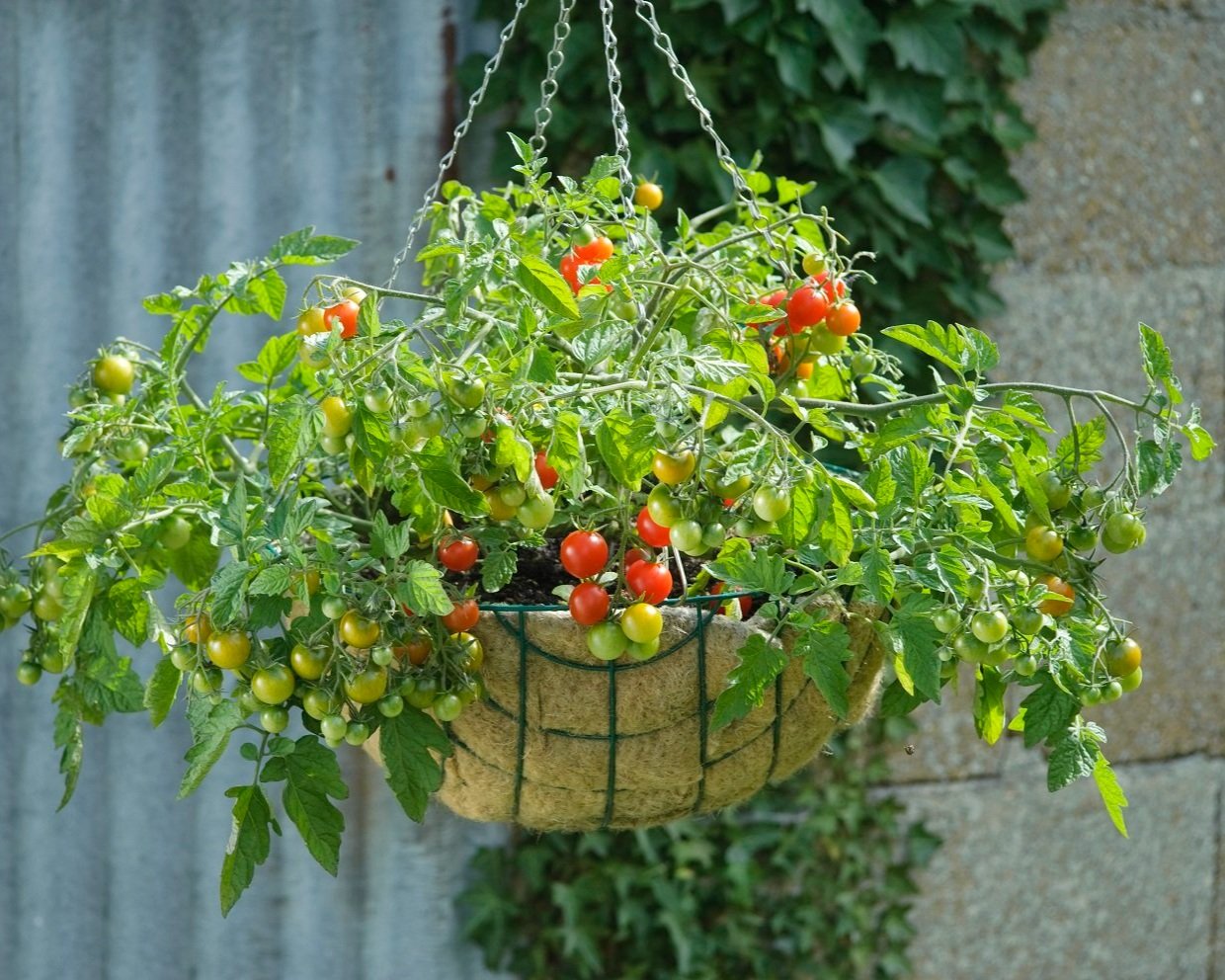Give Your Landscape a Late Summer Facelift

Whether it is the hot weather, the age of your landscape or simply the need for change; a late summer makeover can help you increase your landscape’s beauty. Put the “wow” back into your garden with a few new plantings, garden art, or other simple improvements.
Many established landscapes have a few or many overgrown plants. Sometimes the plants you purchase perform better than expected or oftentimes we try to squeeze too many plants into a garden or too large of plants into small spaces.
Garden art can fill in late summer voids or create a focal point in the garden.
Remove overcrowded plants that have outgrown the space or lost their ornamental appeal. Replace these and other unsightly plants with those more suited to the growing conditions, your landscape design, and available space. Now is a good time to plan and fall is a great time to plant trees, shrubs and perennials. The soil is warm and air cool, making it less stressful on new plantings.
Phase in removals and replacements over time. This is easier on your budget, back, and will keep your landscape looking robust. And be sure to properly space plants to avoid overcrowding in the future. Check plant tags for the plant’s mature size and plant accordingly.
Fill in the voids between new plantings with annuals and perennials. As your shrubs increase in size, you will need fewer annuals each year. Move perennial flowers and grasses to a new garden as your shrubs reach full size. Perennials are much easier to move than an overgrown shrub.
A bit of pruning may be all that is needed to bring back the beauty and reduce the size of overgrown plants. Make a note on your calendar to do a bit of pruning at the right time. Prune spring flowering shrubs right after they bloom. They have already set their flower buds for next spring and pruning now will eliminate the spring floral display. You can prune summer flowering shrubs during their dormant season from fall through spring. Prune evergreens in colder climates in late winter or early spring once the worst winter weather has passed. Fall pruning where winters are brutal can lead to an increase in winter damage.
Replace tired annuals in the garden and containers with fresh plants suited to the upcoming fall season. Don’t be afraid to add dried materials to existing planters for added color and texture. Or create new container gardens to set by the front door and welcome guests. These also make great fillers in the garden. Just place the container in a spot where an existing plant has failed. You will benefit from the instant color and extra time you gain to plan for a permanent replacement.
Garden art is another option for filling those late summer voids in the garden. Or use it to create a focal point, drawing attention to areas that are looking their best.
Adding a few new cushions on your outdoor furniture can further enhance your landscape’s appeal. It is an easy way to change things up with minimal investment of time and money.
Big or small, a few changes can make a big difference. Tackle a few of the easier ones or those with the biggest impact first. Once you get started, you will not want to quit.
Melinda Myers is the author of more than 20 gardening books, including Small Space Gardening. She hosts The Great Courses “How to Grow Anything” DVD series and the nationally syndicated Melinda’s Garden Moment TV & radio segments. Myers is a columnist and contributing editor for Birds & Blooms magazine and was commissioned by Longfield Gardens for her expertise to write this article. Myers’ web site is www.melindamyers.com.






